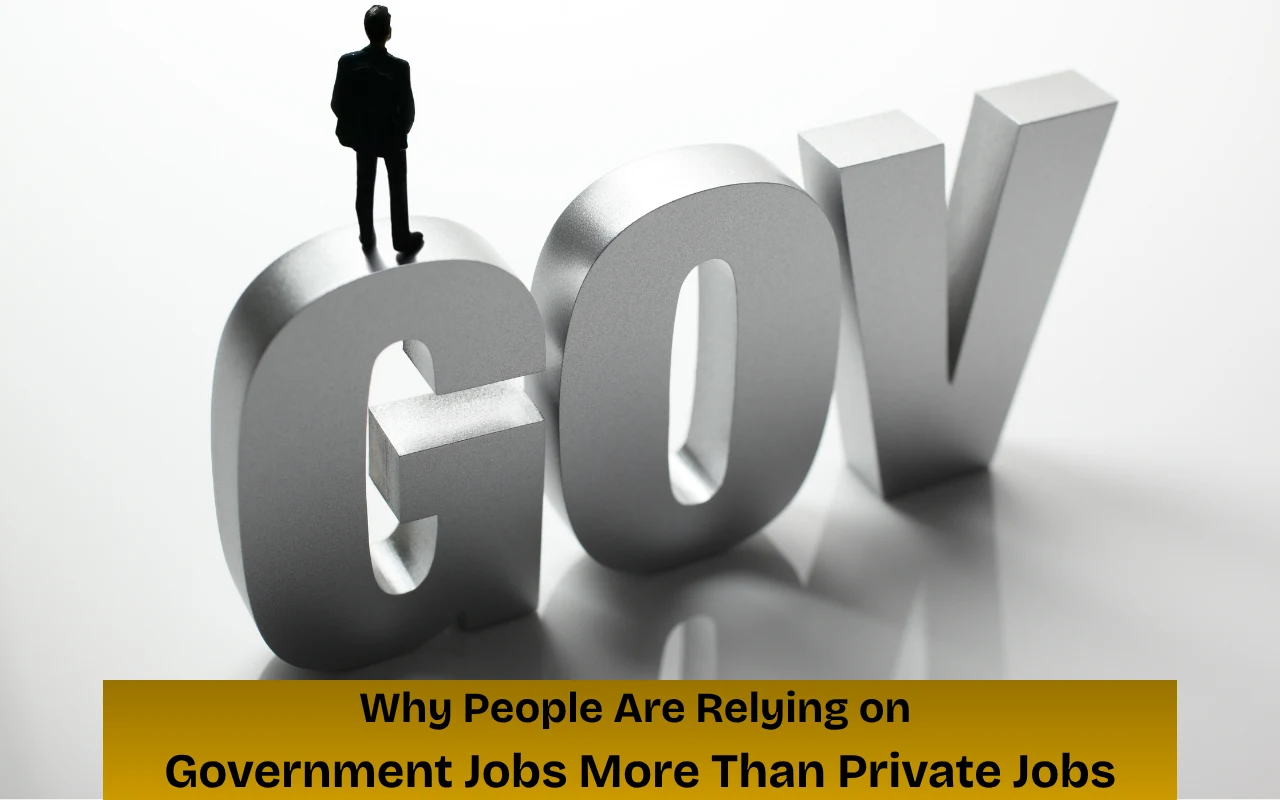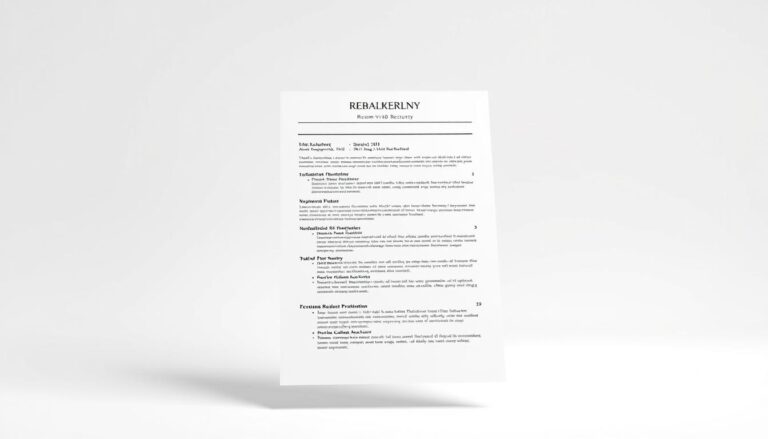Why People Are Relying on Government Jobs More Than Private Jobs

Learn why many individuals continue to favor government jobs over private employment, exploring factors such as job security, benefits, and long-term stability in an evolving work environment.
the Preference for Government Employment
Across many countries, government jobs have long been viewed as reliable and respected positions. While private sector opportunities have expanded through technology and globalization, public service continues to attract applicants seeking steady income and predictable work conditions.
The appeal is not simply tradition—it reflects how people weigh economic security, social benefits, and personal balance in a changing job market.
Job Security and Stability
The primary reason people rely on government jobs is stability. Public sector employment is generally less vulnerable to sudden layoffs, economic downturns, or management restructuring.
Governments rarely shut down departments overnight, whereas private companies may close, merge, or downsize quickly in response to market pressures. This sense of long-term assurance provides employees with financial confidence and peace of mind that their efforts are protected by established regulations.
Steady Income and Predictable Benefits
Government salaries tend to be standardized and transparent, often structured through fixed pay scales. Employees can expect regular increments and clear promotion paths. Beyond monthly income, many public roles include allowances, pensions, health insurance, and paid leave—all outlined under specific service rules.
In contrast, private sector compensation can fluctuate with performance metrics or market shifts, making long-term planning more uncertain. For those prioritizing consistency, the public model offers greater predictability.
Work-Life Balance
Many government jobs are designed with fixed hours and regulated workloads. Employees usually enjoy weekends off, public holidays, and more structured leave policies. The private sector often demands extended hours, urgent project deadlines, and after-hours availability, particularly in corporate or technology-driven roles.
For people seeking a balance between personal and professional life, the regulated routine of government employment holds strong appeal.
Retirement and Pension Security
One of the most enduring incentives for joining the public sector is the assurance of post-retirement benefits. Pensions, gratuity payments, and other retirement schemes provide income even after active service ends.
With private companies shifting toward contract-based employment and performance-linked bonuses, guaranteed retirement benefits have become rarer. This long-term support structure makes government jobs a preferred choice for those who prioritize financial safety beyond their working years.
Social Status and Public Recognition
Government positions often carry a sense of prestige and trust within communities. Being part of a recognized public institution can convey credibility and social respect, particularly in smaller towns and traditional societies. While private jobs may offer higher pay, they sometimes lack the same public visibility or perceived stability. For many families, government service remains a symbol of reliability and honor.
Equal Opportunity and Transparency
Recruitment in government sectors generally follows standardized procedures such as public examinations, merit-based rankings, and reservation systems. These processes can enhance perceptions of fairness and inclusion, especially in countries where private hiring often depends on referrals or prior experience. This transparency encourages applicants from diverse backgrounds who might otherwise face barriers in corporate settings.
Influence of Economic Conditions
During economic uncertainty, private sector employment tends to shrink first. Recessions, automation, and cost-cutting measures often result in layoffs or reduced wages.
Government institutions, by contrast, maintain steady staffing to continue public services. This stability becomes particularly valuable during crises such as pandemics or financial slowdowns. As a result, individuals view public employment as a buffer against economic volatility.
The Challenge of Private Sector Pressures
While private jobs can offer faster promotions, performance bonuses, and global mobility, they also come with heightened expectations and competition. Rapid technological change and fluctuating market demands create constant pressure to upgrade skills.
Some employees experience burnout or insecurity due to contractual terms or performance-linked evaluations. These factors make the slower but steadier environment of government work seem more sustainable for many.
Shifting Perspectives Among Youth
Despite the ongoing preference for government jobs, younger generations increasingly recognize the opportunities in private and entrepreneurial sectors. The desire for innovation, flexible work models, and higher earning potential is drawing some away from traditional employment paths.
However, in regions where economic uncertainty or limited job creation persists, the dependability of government service still outweighs the risks of private employment.
Balancing Opportunity and Security
The contrast between government and private jobs reflects a broader trade-off between security and ambition. Government employment offers stability, benefits, and structure, while private work emphasizes growth, competition, and innovation. The choice often depends on personal priorities—whether an individual values consistency and protection or seeks rapid advancement and flexibility.
People rely on government jobs more than private ones because these roles deliver stability, defined benefits, and predictable career paths. In uncertain economies, that sense of security outweighs the lure of higher but variable private earnings.
Yet both sectors have distinct strengths, and the ideal balance lies in recognizing personal goals. Understanding these trade-offs helps individuals choose careers that not only sustain them financially but also align with their lifestyle and values.






